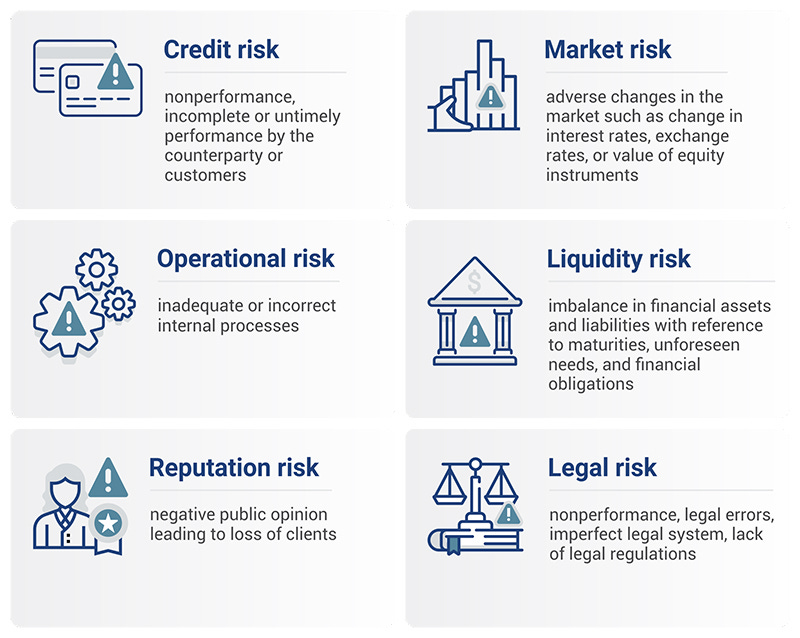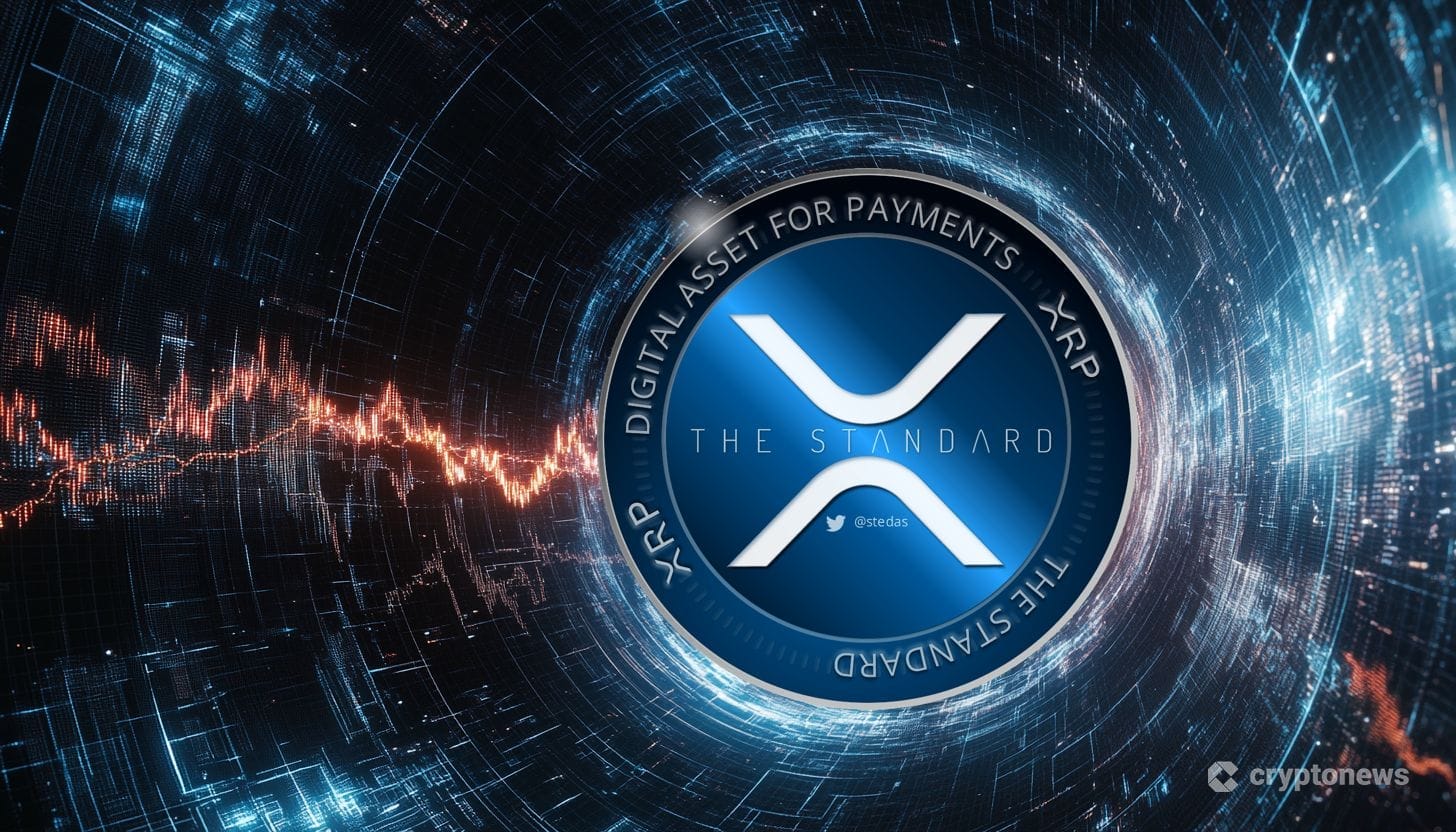"Protecting Your Financial Freedom: Insights on Gold, Cryptocurrency, and the Dangers of Centralized Banking"
With Dunagun Kaiser and Clay Clark
The Realities of Financial Sovereignty: Insights from Dunagun Kaiser
In a thought-provoking interview with Clay Clark, Dunagun Kaiser explored key financial challenges and solutions, offering a detailed critique of modern financial systems and providing strategies for personal economic resilience. The conversation ranged from systemic risks in the banking sector to the implications of Central Bank Digital Currencies (CBDCs), the role of gold and precious metals, and the importance of individual financial agency.
Counterparty Risks in the Financial System
Kaiser began by addressing the inherent vulnerabilities of traditional financial systems. Sharing a personal anecdote, he recounted how his brokerage suspended access to money market funds during the 2008–2009 financial crisis. Although the funds were not directly invested in the stock market, they were linked to stock market assets, exposing them to counterparty risks. “Your money market fund was in the stock market,” Kaiser was told, illustrating how individual assets could be inaccessible during crises.
He emphasized that such risks extend beyond individual accounts to systemic issues plaguing the financial industry, including rising interest rates, underwater bond portfolios, and non-performing commercial loans. “Credits in the banks and in the brokerage account and in Money Market funds… are all outside your reach,” Kaiser stated, warning that reliance on such systems undermines individual control over personal finances.
Programmable Currencies and the Role of AI
Clark introduced Gilbert Verdian, CEO of Quant, who champions programmable currencies, describing them as a future-oriented evolution of money. Verdian argued, “The current form of money that we have today is obsolete… Blockchain allows us to have Smart money.” He suggested that AI-driven financial systems would become too complex for humans to manage independently, further reducing individual agency.
Kaiser countered that such complexity disempowers individuals and erodes freedom. “What that does is it completely disempowers the individual,” he said, likening the acceptance of such systems to “what you tell slaves.” Referencing the biblical Tower of Babel, Kaiser suggested humanity’s historical tendency toward overcomplexity often ends in collapse. “It comes crushing down under its own weight because it can’t sustain itself,” he warned, drawing parallels between current financial trends and historical failures.
The Debate Over Cryptocurrencies
While cryptocurrencies like Bitcoin are often seen as alternatives to traditional financial systems, Kaiser questioned their ability to function as stable stores of value. He highlighted their dependence on technology and electricity, which could become barriers to access. Instead, he argued for tangible assets like gold and silver, which he believes offer enduring value. He emphasized that while cryptocurrencies may offer transactional convenience, they do not replace the foundational stability provided by physical assets.
Clark supported this stance, advising listeners to focus on assets that preserve financial sovereignty. “I would recommend that you buy precious metals,” he said. Kaiser expanded on this, emphasizing the need for a “bridge” to navigate transitions between financial systems, recounting a personal story of a family that sustained itself for generations with a gold reserve.
The Dodd-Frank Act and Ownership Realities
Kaiser also discussed the implications of the Dodd-Frank Act of 2010, which redefined bank deposits as loans from customers to banks. “Nothing in the bank belongs to you,” he asserted, emphasizing that deposits are effectively at the bank’s discretion. He quoted author Wayne Jett, who described the banking system as a mechanism to confiscate the “fruits of [one’s] labor.” This framework, Kaiser argued, strips individuals of control over their hard-earned assets.
To illustrate the dangers of misplaced trust in financial institutions, Kaiser cited a personal story about a family whose patriarch left a gold-filled safe. This reserve became the financial bedrock that funded the family’s education and sustained their livelihoods for two generations. “That’s the kind of thing that you can have for your family,” Kaiser said, advocating for tangible wealth that transcends reliance on volatile systems.
Concluding Thoughts: The Path to Financial Independence
Kaiser concluded the interview by urging individuals to reclaim their financial independence. “Your life energy that you spend working and earning and saving belongs to you,” he emphasized. He encouraged listeners to prioritize their families' needs by securing tangible assets that safeguard against systemic uncertainties. “Make sure that you take care of your family first,” he said, stressing the importance of preserving wealth outside centralized systems.
Clark echoed these sentiments, thanking Kaiser for his insights and urging viewers to consider alternative financial strategies. The interview ended with a reminder that the current financial landscape requires vigilance and proactive measures to ensure stability and security.
Discover the strategies to achieve lasting financial freedom with Path for Financial Independence. This powerful guide provides actionable insights to help you build wealth, safeguard your assets, and secure your future. Take control of your finances today! Buy the e-book here
Thank You for Your Support
We sincerely thank you for taking the time to read this article and engage with the critical insights shared in this interview. Your interest in understanding the financial challenges we face today and how to navigate them is a testament to your commitment to personal sovereignty and preparedness.
If you found value in this content, we humbly ask for your support. A simple like and subscribe to our channel helps us reach more people with these important messages. Sharing this content with your network can also help spread awareness and empower others to take control of their financial futures.
Additionally, if you’d like to help us continue this work and expand our reach, please consider making a donation. Your contributions go directly toward producing high-quality, informative content that keeps you informed and prepared. Every bit helps, and we are deeply grateful for your generosity.
Thank you for being part of our mission to inspire and educate. Together, we can make a difference!









![Path for Financial Independence [May 02, 2016] Kulkarni, Ranjit : Amazon.com.mx: Libros Path for Financial Independence [May 02, 2016] Kulkarni, Ranjit : Amazon.com.mx: Libros](https://substackcdn.com/image/fetch/$s_!rLpt!,w_1456,c_limit,f_auto,q_auto:good,fl_progressive:steep/https%3A%2F%2Fsubstack-post-media.s3.amazonaws.com%2Fpublic%2Fimages%2Ff674bede-fd26-4162-8b5b-4daf5ee71a31_645x1000.jpeg)